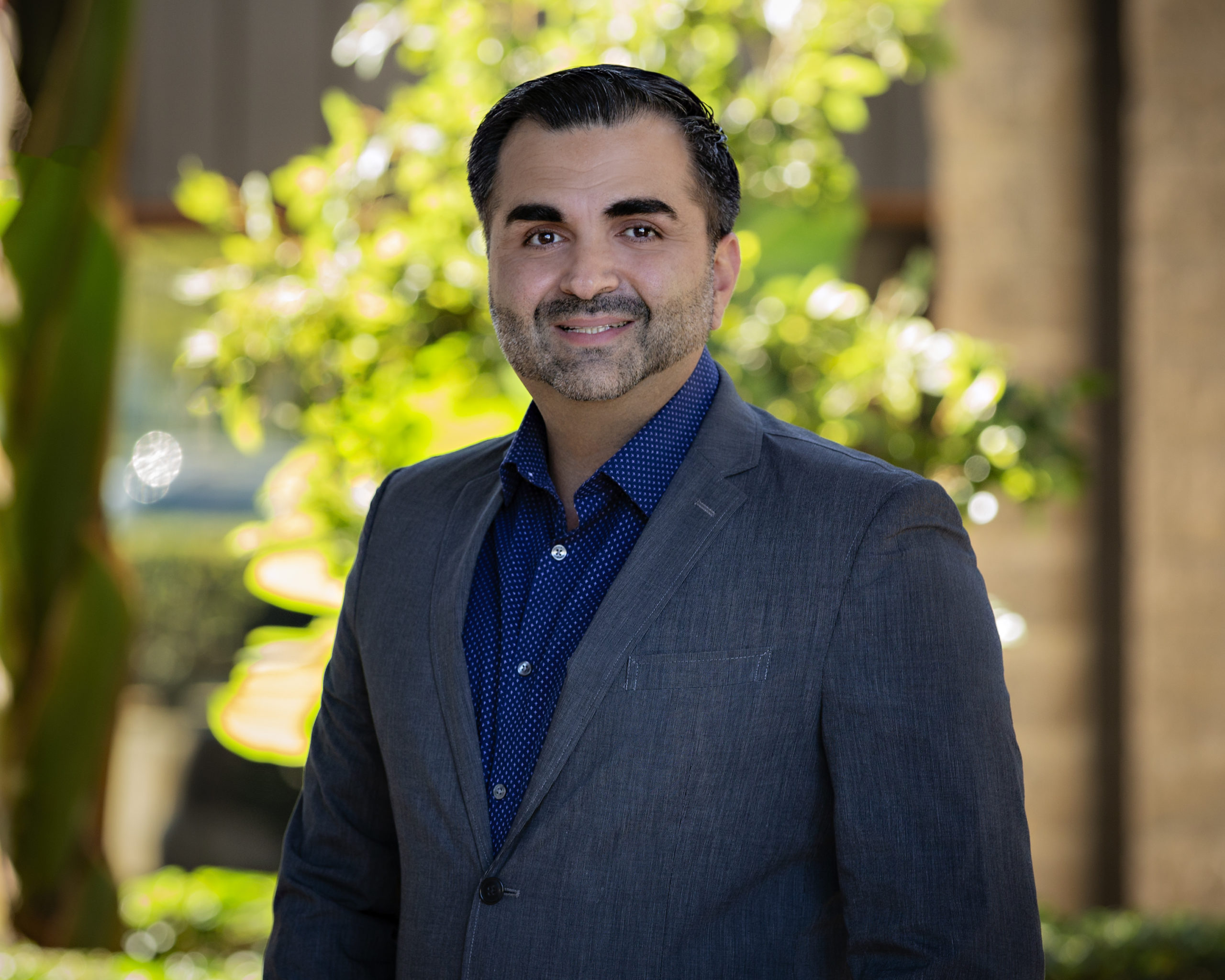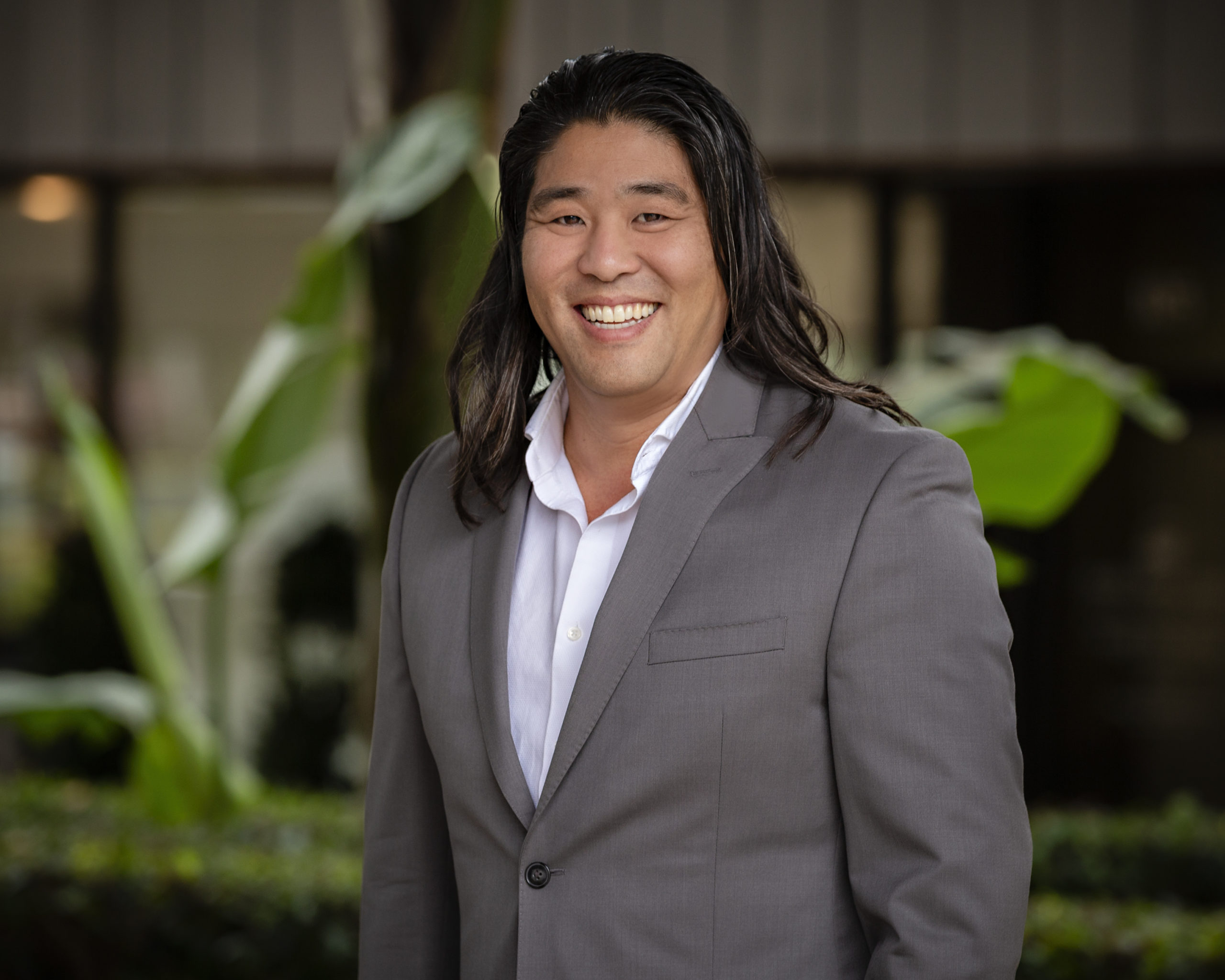
At Oceanfront Recovery, we want to ensure that your recovery process encompasses both your addiction and depression. With this in mind, we tailor your addiction treatment programs to address your specific individual needs. Call us at 877.296.7477 for more information about our mental health treatment programs. Ask about how our in-network providers may cover costs for treatment.
What Is Depression?
Depressive disorders can take on a lot of different forms. Clinical depression is the most severe and persistent form of depression. Individuals may struggle with seasonal depression or a seasonal affective disorder, where due to a lack of natural light (among other things), an individual has a persistently low mood. Women frequently struggle with post-partum depression, a severe mood disorder experienced after childbirth.
When doctors diagnose depression, they look for the following symptoms:
- Feeling depressed most of the time
- Feelings of tiredness or lack of energy
- Feeling guilty, worthless, or hopeless
- Difficulty staying focused, making decisions, or remembering details
- Too much or too little sleep
- Weight loss or gain
- Appetite changes
- Little to no interest in activities you used to enjoy
- Thoughts of suicide or death
- Feelings of restlessness and irritability
If you are experiencing five or more of the above symptoms and have been for two weeks or longer, you have the definition of clinical depression.
Depression can also manifest itself through physical symptoms, including back or joint pain, headaches, digestive issues, and even sluggish speech and movement. This is because serotonin and norepinephrine, the brain chemicals linked to depression, affect both pain and mood.
When Is it Time to Consider Treatment for Depression?
If you can relate to any of the following five statements, your mental health and overall wellness would benefit significantly from depression treatment.
- My depression makes me want to consume more substances, but my substance abuse makes my depression worse.
- I have lost interest in things I used to like and receive joy from.
- I am isolating myself from friends and loved ones because of my depression.
- Sometimes I find it difficult to get out of bed and keep up with chores or hygiene because of my depression.
- My chronic depression has led to suicidal thoughts, ideation, or behaviors.
There are many effective treatments and therapies for depression and other mental health conditions; a depression treatment specialist can help you explore your options and discover what works best for your needs. All you have to do is reach out, and you can live the life you want, free of depression.

Addiction And Depression Treatment Programs At Oceanfront Recovery In Orange County
For many people, their depression may have driven them towards substance abuse, while for others, their addiction may have affected their mental health. Many of the symptoms of depression are also signs of addiction, making it vital that you receive the appropriate care and treatment for both disorders. At Oceanfront Recovery, we offer a specialized mental health treatment center in Laguna Beach, CA, to address your situation. Aside from treating depressive disorders, we also offer treatment for the following conditions:
- Attention-deficit/hyperactivity disorder
- Anxiety
- Bipolar disorder
- Obsessive-compulsive disorder
- Post-traumatic stress disorder
- Schizophrenia
- Seasonal affective disorder
Our staff of experienced professionals will create a depression treatment program personalized to your needs. Treatment for depression and addiction helps you find the root of your addiction.
Depression is a common issue among people with a substance or alcohol use disorder. People try to self-medicate with alcohol or drugs because the temporary high is an escape from the feelings of sadness or pain. However, it’s a slippery slope into addiction.

Benefits of a Depression Treatment Center California
The following are benefits of our depression treatment center:
Individualized Care
At Oceanfront Recovery, each client receives a personalized treatment plan tailored to their needs and circumstances. Depression needs to be carefully analyzed and monitored. This individualized approach is structured to address the client’s mental health.
Evidence-Based Therapies
The center employs evidence-based therapies, such as cognitive-behavioral therapy and dialectical behavior therapy. These have been scientifically proven to be effective in treating depression.
Experienced Clinicians
The treatment team at Oceanfront Recovery consists of licensed and experienced clinicians who are well-versed in managing and treating depression.
Variety of Services
In addition to depression treatment, Oceanfront Recovery offers various services, including detox, residential treatment programs, and various mental health treatments. This comprehensive approach ensures that any co-occurring disorders can be treated concurrently.
Comfortable Environment
The facilities at Oceanfront Recovery are designed for comfort and therapeutic benefits. Positioned just two blocks from the Pacific Ocean, the serene setting aids in the healing process.
In addition to traditional therapies, Oceanfront Recovery incorporates holistic practices such as yoga, acupuncture, and beach activities to promote overall well-being.
Contact us to learn more about how our personalize depression treatment plan can benefit you or a loved one.
Oceanfront Recovery works with most in-network partners and may cover ALL costs so you or your loved one can focus on recovery.

Call Oceanfront Recovery Today
If you or a loved one have depression and addiction, Oceanfront Recovery’s depression and addiction recovery in Laguna Beach, California, can help. Contact us and speak confidentially to one of our experienced intake specialists. Call 877.296.7477 or fill out our online form today and let us help you get on the road to recovery.
CLINICAL TEAM

Dr. Mandy Neeble-Diamond
CLINICAL SUPERVISOR

Dr. Mahallati

Matthew Kinoshita, LMFT
Clinical Director

Ernesto Paz, LMFT
Lead Therapist






